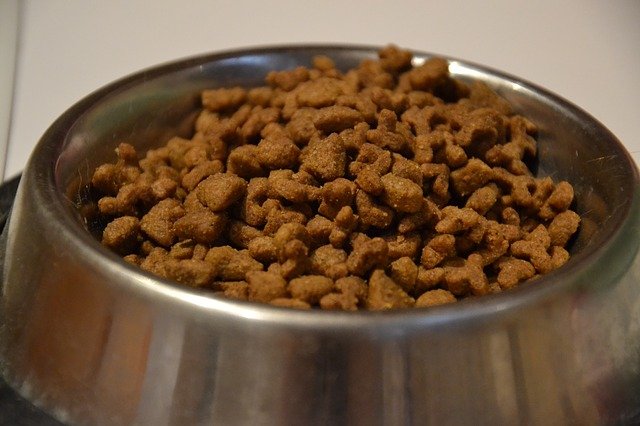How Veterinarians Help to Create Formulas for Commercially Sold Pet Food
Veterinarians do more than just treat sick and injured animals. Some of them work for pet food companies to create formulas for their respective products. There are dozens of companies that specialize in pet food. They produce and sell food that’s designed for pets. To create the formulas for their pet food, these companies will often partner with a veterinarian.
The Importance of High-Quality Pet Food
High-quality pet food is important for many reasons. According to the American Veterinary Medical Association (AVMA), pets live longer when they consume the right type and quantity of nutrients. Nutrients, of course, come primarily from pet food. Owners can increase the lifespan of their pets by giving them a high-quality pet food product.
When pets consume the right type and quantity of nutrients, their energy levels will typically increase. Lack of energy is often indicative of malnutrition. Pets that consume “empty-calorie” food may experience low energy levels. Those that consume high-quality pet food, on the other hand, will experience higher energy levels.
Some pet food products may cause intolerances or allergies. Dogs, for example, are often allergic to wheat, dairy, chicken or beef. Upon consuming an allergen ingredient, pets may experience digestive distress. Fortunately, there are pet food products available for dogs — as well as other types of pets — that are allergic to common ingredients. Some pet food products lack wheat, whereas others lack dairy or chicken. Regardless, there are pet food products available for pets with an allergy.
Veterinary Nutritionists and Pet Food
When creating pet food, companies will often consult with a licensed veterinarian. In most cases, companies will specifically seek the expertise of a veterinary nutritionist. Veterinary nutritionists work alongside companies to create formulas for pet food products.
Veterinary nutrition is one of nearly two dozen veterinary specialties recognized by the AVMA. All veterinary nutritionists are licensed veterinarians. They’ve simply undergone additional education and training, however, that focuses on animal nutrition. Veterinary nutritionists know what type of nutrients pets need to stay healthy. With this knowledge, they can prepare formulas for high-quality pet food products.

Different Types of Pet Food
Pet food, of course, is available in different types. Owners can find dog and cat food products in kibble and canned. Kibble is the most common type. It consists of dry edible bits. Canned food, conversely, is moist or wet food that’s sealed in a can.
Whether kibble or canned, pet food products require a specific formula. Otherwise, they’ll fail to provide pets with an adequate intake of nutrients. Most pets only eat the food products served to them by their owners. Owners who give their pets a low-quality food products may unknowingly harm their health. But there are plenty of high-quality pet food products available on the market, many of which are formulated by veterinary nutritionists.
How Veterinary Nutrionitsts Create Pet Food Formulas
After partnering with a company, veterinary nutritionists may begin to create a formula for a new pet food product. Maybe the company is looking to produce a new dog kibble, or perhaps it’s looking to produce a new canned food product for cats. The veterinary nutritionist will determine what type of pet food product the company is looking to produce, after which he or she will begin to come up with a new formula.
Veterinary nutritionists know what type of nutrients pets need to stay healthy. Different animals, of course, have different nutritional needs. Cats often require more fat in their diets, whereas dogs require more protein in their diet. Veterinary nutritionists create pet food formulas while targeting the nutritional needs of animals.
In addition to including the right type and quantity of nutrients in the food, veterinary nutritionists must consider the shelf life. Pet food products with a short shelf life can prove hazardous. After expiring, they may become contaminated with bacteria or viruses. Therefore, veterinary nutritionists will choose ingredients — as well as production methods — to extend the shelf life of the pet food product.
Veterinary Nutritionists: More Than Just Pet Food
While they often spend a significant amount of their time creating formulas for pet food products, veterinary nutritionists perform other tasks. Many veterinary nutritionists offer consultation services, for instance. If an owner’s pet is malnourished, he or she may consult with a veterinary nutritionist. Owners often seek the advice of veterinary nutritionists to overcome nutrition-related health challenges with their pets.
Some veterinary nutritionists work at veterinary clinics. Other veterinary nutritionists work in laboratories or pet food facilities. Regardless, it’s not uncommon for them to create formulas for pet food products. If a company wants to produce a net pet food product, it may contact a veterinary nutritionist for his or her expertise. Additionally, veterinary nutritionists may offer consultation services to pet owners. They can recommend specific diets to help pets overcome their health challenges.

